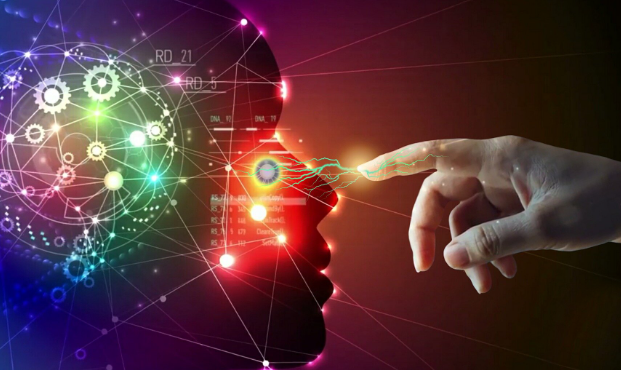
Introduction
Artificial Intelligence (AI) is no longer a futuristic concept—it’s already woven into our daily lives. From chatbots and self-driving cars to facial recognition and medical diagnosis, AI is redefining how humans interact with technology. But the real question is: what comes next? Over the next decade, AI will become even more intelligent, accessible, and integrated into every aspect of human society.
1. Smarter AI Will Mean Smarter Decisions
In the coming years, AI systems will not only perform tasks—they’ll make decisions that once required human judgment. Companies are already using AI for data-driven insights, but by 2035, machine learning models will be capable of analyzing emotions, predicting behavior, and adapting in real time. This means smarter business operations, personalized healthcare, and more efficient cities.
2. AI and the Workforce of the Future
Automation powered by AI is changing how we work. Repetitive tasks—such as data entry, scheduling, or even customer service—are increasingly handled by AI tools. While some fear job loss, experts believe AI will create new types of work in areas like AI ethics, algorithm auditing, and robotics maintenance. The future workforce will be hybrid—humans and machines working together to achieve higher productivity.
3. AI in Healthcare and Medicine
AI’s impact on healthcare will be one of the most profound transformations. In the next decade, AI will help detect diseases like cancer, Alzheimer’s, and heart conditions years before symptoms appear. Advanced AI models can analyze medical scans faster and more accurately than human doctors. Personalized treatment plans powered by AI will make healthcare more effective, affordable, and accessible globally.
4. Ethical and Regulatory Challenges Ahead
As AI becomes more powerful, ethical issues grow too. Who is responsible when an AI makes a wrong decision? How do we prevent bias in algorithms? Governments worldwide are drafting regulations to ensure transparency, accountability, and fairness in AI use. The coming decade will see a balance between innovation and regulation—a necessary step to keep AI beneficial and safe.
5. Everyday AI: From Homes to Classrooms
The next generation of smart homes will be fully AI-driven—devices that understand your habits, save energy, and even protect your home from intruders. In education, AI-powered tutors will personalize lessons for each student, identifying strengths and weaknesses better than traditional teachers. AI won’t replace human teachers, but it will enhance their abilities and make learning more interactive.
6. AI and Creativity
Surprisingly, AI is also becoming a creative partner. In the future, music, art, and storytelling may often involve collaboration between humans and AI. Artificial creativity tools already compose songs, paint pictures, and write stories. Over the next decade, expect to see AI-generated films, novels, and virtual worlds that blend human emotion with machine intelligence.
7. The Path to Artificial General Intelligence (AGI)
While current AI is “narrow” (focused on specific tasks), researchers are moving toward Artificial General Intelligence—machines that can think and reason like humans. Though AGI may still be years away, progress is accelerating. The next decade may witness breakthroughs that blur the line between human and machine cognition.
Conclusion
The future of AI is both exciting and challenging. It promises a world of smarter systems, personalized experiences, and major leaps in science and medicine. But it also demands responsibility, ethical oversight, and awareness of potential risks. As AI continues to evolve, humanity’s greatest task will be to ensure it serves everyone fairly—and not just the few who control the technology.

Leave a Reply